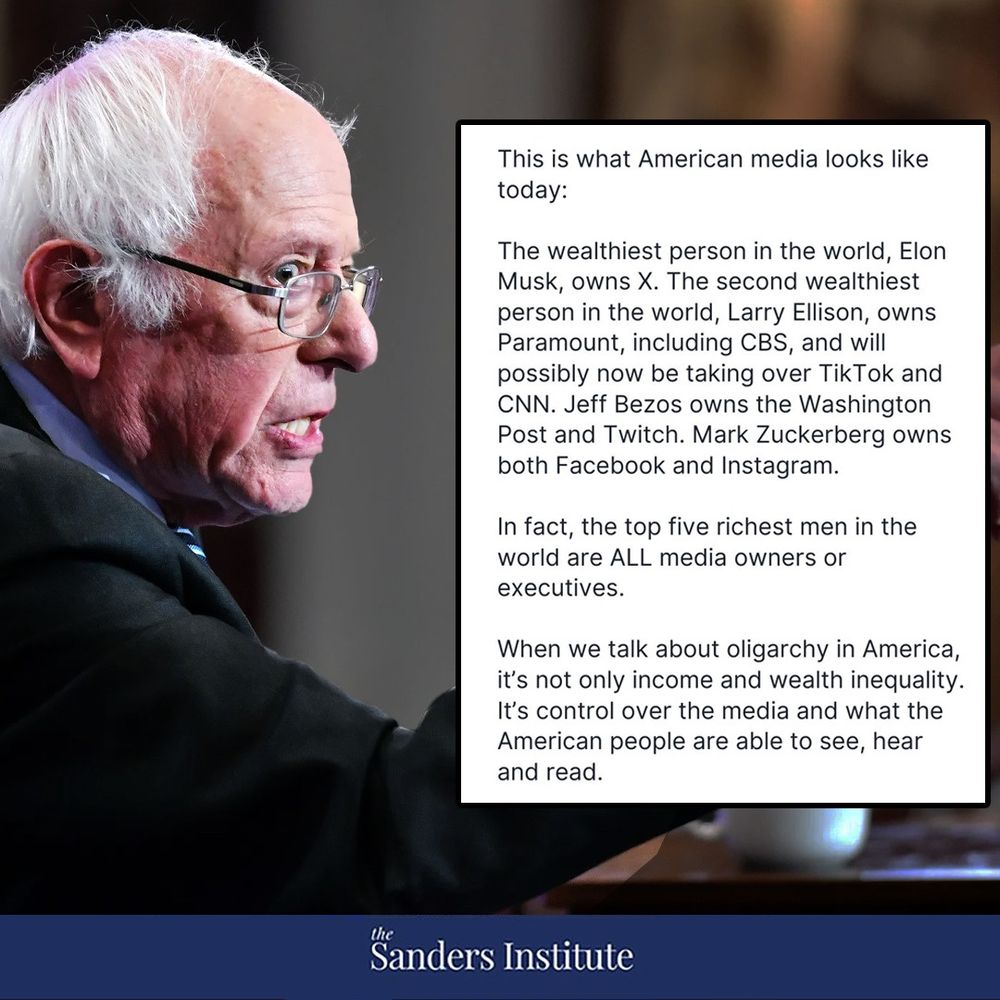In a recent development that has sparked controversy and legal action, Yunseo Chung, a 21-year-old Columbia University student, finds herself at the center of a heated debate over free speech and immigration enforcement. Chung, a legal permanent resident who has lived in the United States since the age of seven, is currently facing the threat of deportation and the revocation of her green card due to her participation in pro-Palestinian protests.
The Case Against Chung
The Trump administration has taken unprecedented steps to target Chung, alleging that her presence and activities in the U.S. threaten the country’s foreign policy interests. This move comes as part of a broader crackdown on non-citizen activists involved in pro-Palestinian demonstrations on college campuses.
Government’s Actions:
- Immigration and Customs Enforcement (ICE) officials have been actively seeking to arrest Chung.
- Agents visited her parents’ residence and executed a search warrant at her Columbia University dormitory.
- The Department of Homeland Security claims Chung exhibited “concerning behavior,” including her arrest during a campus demonstration.
Legal Challenge and Temporary Relief
In response to these actions, Chung filed a lawsuit against President Trump and top administration officials on March 25, 2025. The lawsuit argues that the government is using immigration enforcement as a weapon to suppress dissenting voices and violate First Amendment rights.
Judicial Intervention:
- On March 26, 2025, U.S. District Judge Naomi Reice Buchwald issued a temporary restraining order.
- This order prevents the government from detaining, transferring, or deporting Chung while her case is ongoing.
- Judge Buchwald noted that there was no evidence indicating Chung posed a danger to the community or had any affiliations with terrorist groups.
Broader Implications
Chung’s case is not isolated. It appears to be part of a pattern of targeting non-citizen activists involved in pro-Palestinian demonstrations:
- Mahmoud Khalil, another Columbia protester and permanent resident, was recently arrested and is facing deportation.
- Badar Khan Suri, an Indian student at Georgetown University, was detained, with a federal judge barring his deportation.
- Momodou Taal, a Cornell University student, has been asked to turn himself in, with his visa reportedly being revoked.
Public Reaction and Support
The case has garnered significant attention and support for Chung:
- Her legal team argues that the government’s actions represent an “unprecedented and unjustifiable assault” on free speech rights.
- Columbia University community members, including students and staff, have rallied behind Chung.
- Human rights advocates condemn the government’s moves, arguing that criticism of Israel and support for Palestinian rights should not be conflated with antisemitism or support for Hamas.
Looking Ahead
As the legal battle unfolds, Chung expressed relief at the judge’s decision, stating, “This decision feels like a million pounds off of my chest. I feel like I could fly.” However, the case remains ongoing, with potential far-reaching implications for free speech and immigration policy in the United States.
This situation raises critical questions about the balance between national security concerns and constitutional rights, particularly for non-citizens engaged in political activism. As the case progresses, it will likely continue to be a focal point in discussions about civil liberties, immigration enforcement, and the limits of government power in suppressing dissent.











